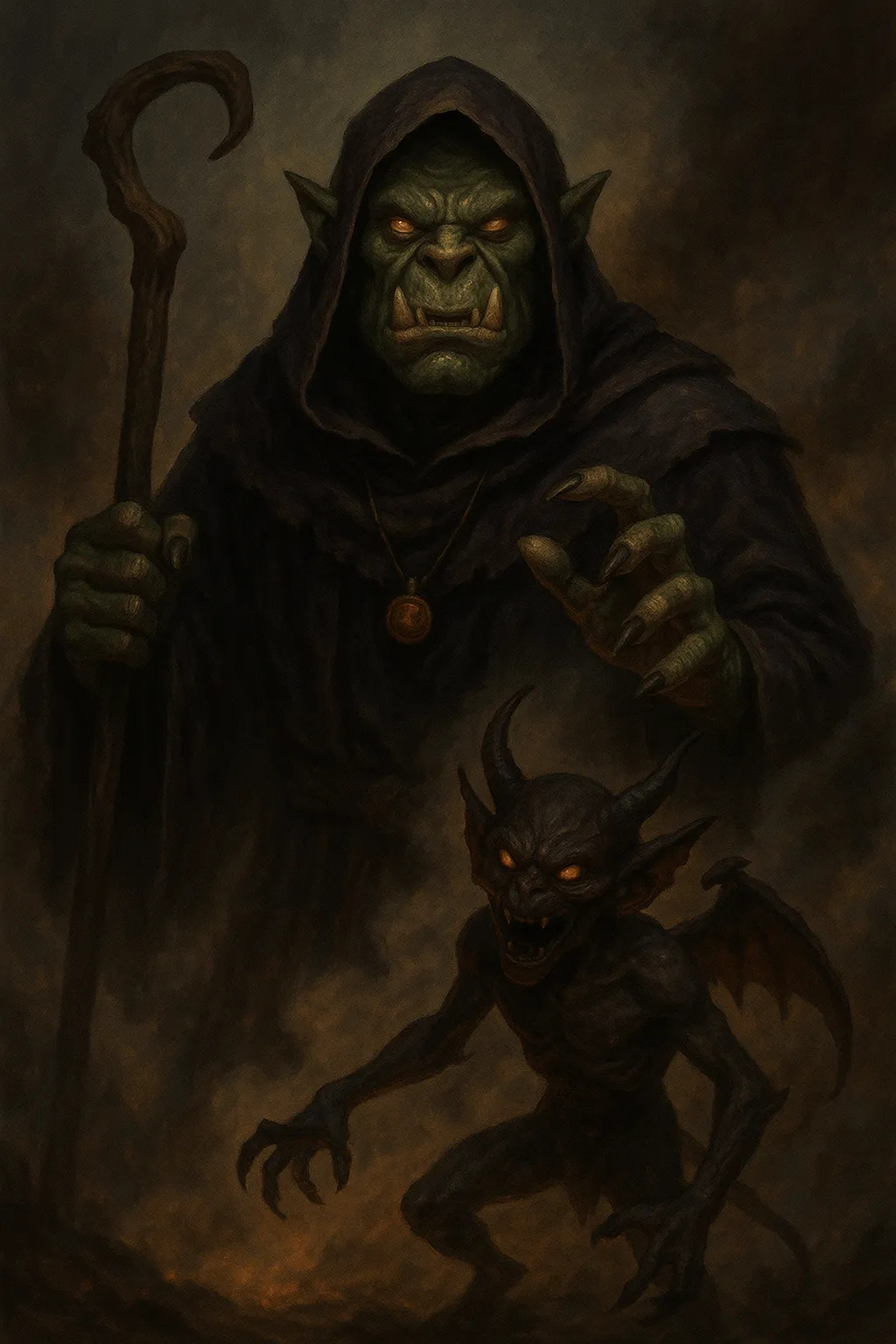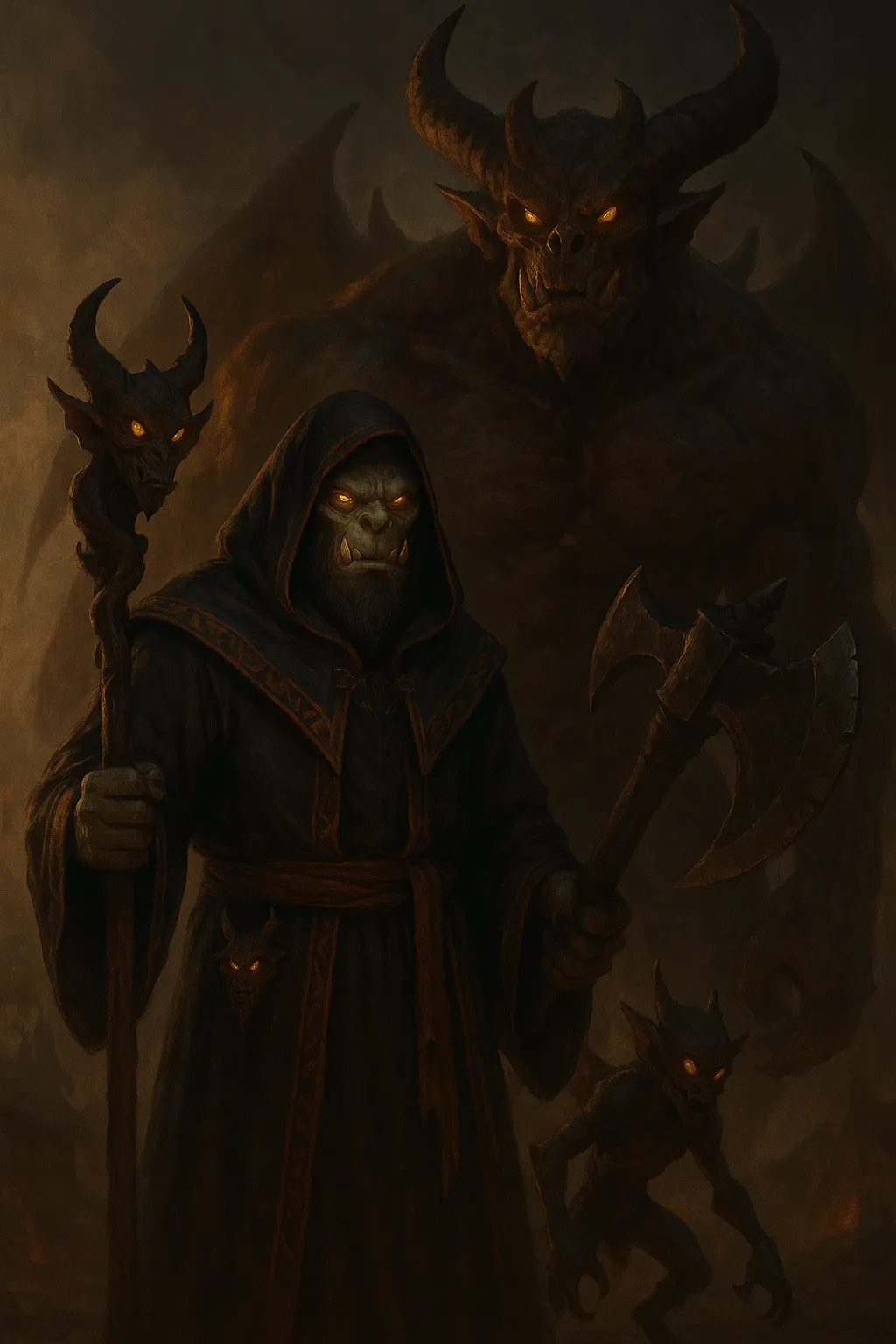
They call it a demon. He calls it the reminder of a price yet to be paid.
Among the fractured clans of the orcish people, warlocks are a paradox: both feared and needed, shunned and revered. They do not rise through martial prowess or bloodline, but through pact and peril—marked not by heritage but by the unseen chains of their bargains. While many orcs walk paths forged by brute strength and tradition, warlocks stride into darkness willingly, shaping their power through forbidden knowledge and communion with forces older than the orcish race itself.
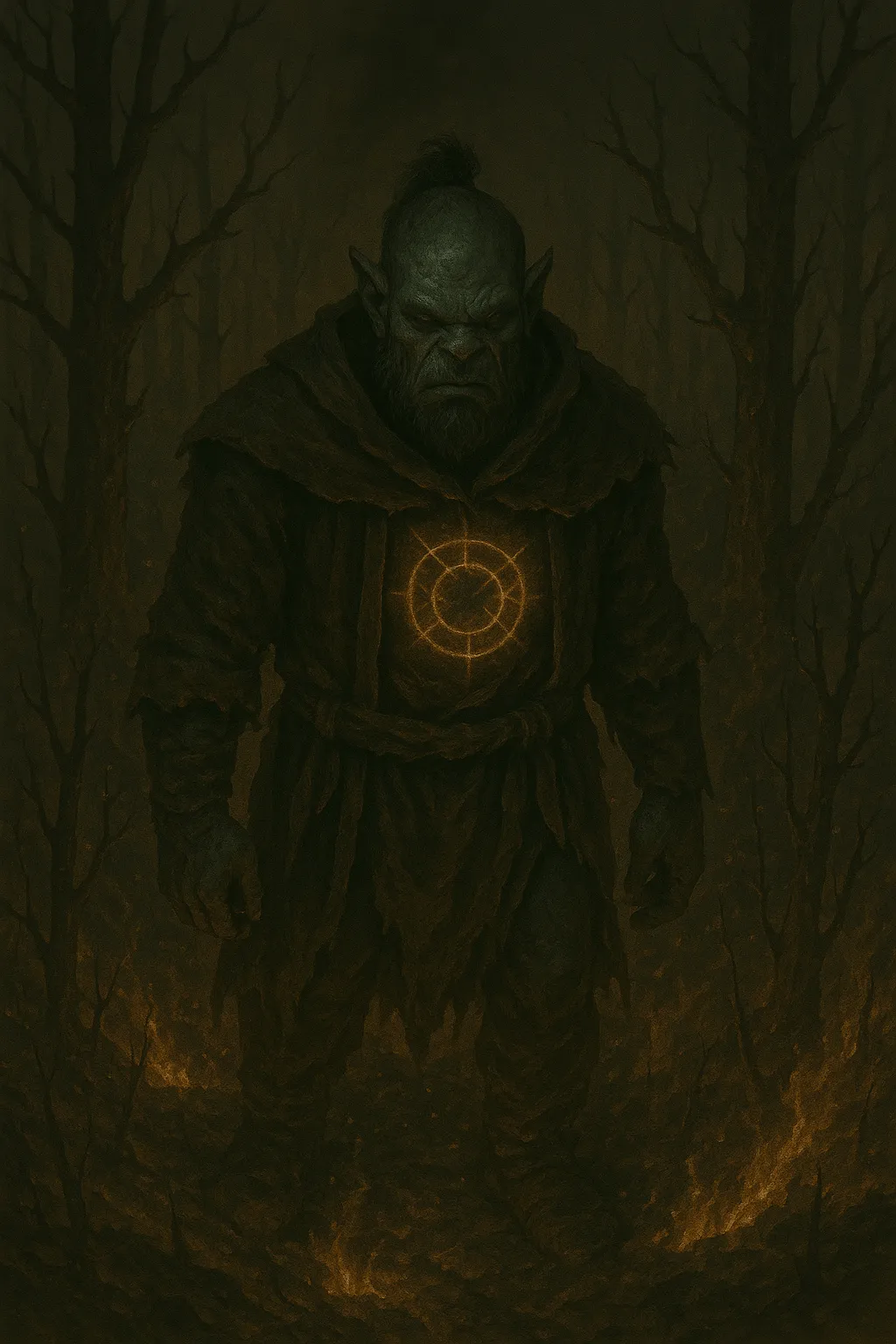 The orc warlock is not a common sight, but neither are they as rare as the clan elders might wish. In times of upheaval—war, famine, exile—the call of otherworldly power finds ears willing to listen. Sometimes they emerge from among the spiritual keepers of the tribe: bone-readers, ash-priests, or fire-singers whose rituals tilt too far into the unknown. Other times, a lone outcast hears whispers in the wind or wakes from a dream with a sigil burned into their palm. Regardless of origin, each warlock bears a pact, often visible in the glow of their eyes, the pattern of scars on their skin, or the voice that echoes with more than one tone.
The orc warlock is not a common sight, but neither are they as rare as the clan elders might wish. In times of upheaval—war, famine, exile—the call of otherworldly power finds ears willing to listen. Sometimes they emerge from among the spiritual keepers of the tribe: bone-readers, ash-priests, or fire-singers whose rituals tilt too far into the unknown. Other times, a lone outcast hears whispers in the wind or wakes from a dream with a sigil burned into their palm. Regardless of origin, each warlock bears a pact, often visible in the glow of their eyes, the pattern of scars on their skin, or the voice that echoes with more than one tone.
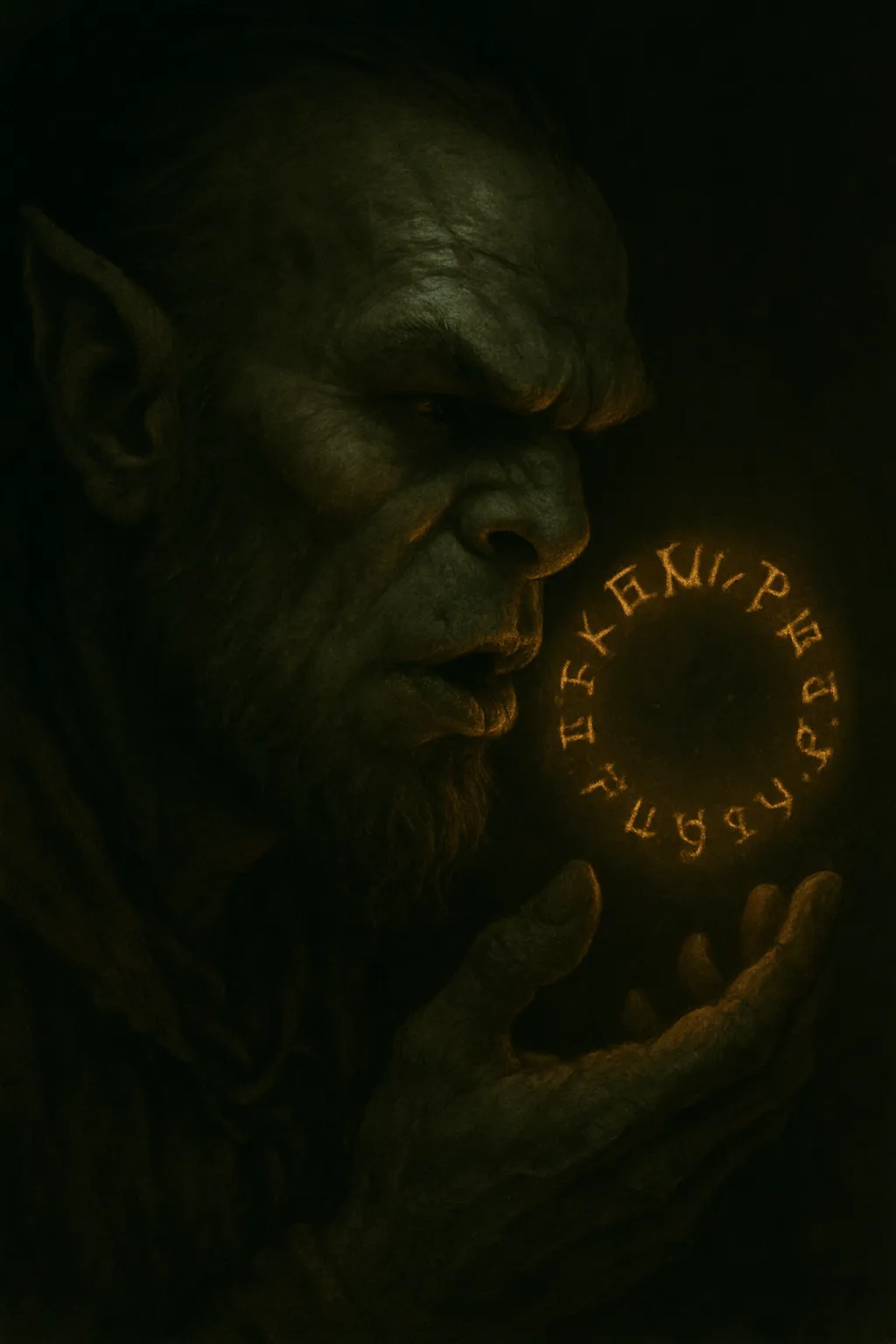 Unlike traditional orc shamans, who honor ancestral spirits and elemental forces, the warlock’s path skirts the edge of what most clans would consider treasonous. Their patrons vary—demonic overlords, shadowbound remnants of dead gods, imprisoned titans, or unknowable entities from the void between stars. These beings offer boons in exchange for service, and while the terms differ, they always come with a cost. A warlock may gain the ability to cast fire from their hands or summon tendrils of smoke that choke the breath of enemies, but they must whisper their master’s name with every spell. They may speak prophecies not their own, or be compelled to journey far from their kin to fulfill some alien edict.
Unlike traditional orc shamans, who honor ancestral spirits and elemental forces, the warlock’s path skirts the edge of what most clans would consider treasonous. Their patrons vary—demonic overlords, shadowbound remnants of dead gods, imprisoned titans, or unknowable entities from the void between stars. These beings offer boons in exchange for service, and while the terms differ, they always come with a cost. A warlock may gain the ability to cast fire from their hands or summon tendrils of smoke that choke the breath of enemies, but they must whisper their master’s name with every spell. They may speak prophecies not their own, or be compelled to journey far from their kin to fulfill some alien edict.
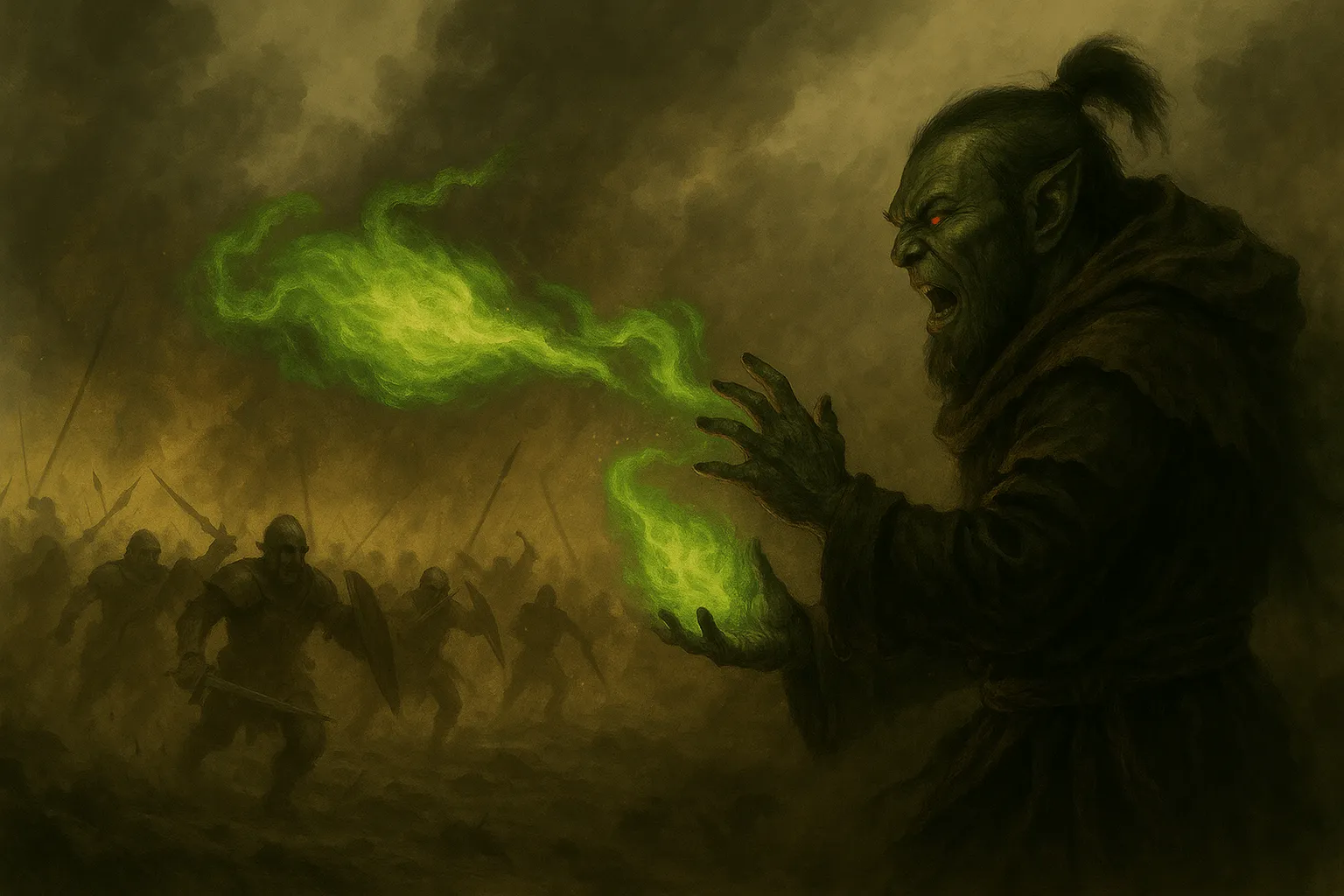 Clan leaders tread carefully around warlocks. Those with power cannot be discarded easily, and many warlocks prove their worth on the battlefield. Their curses unravel enemy formations, and their summoned horrors break morale. Some serve as arcane advisors, their eyes turned ever toward omens. Yet they are seldom granted high rank, and even when respected, they are never truly trusted. The older clans mark their huts with wards, just in case their own seer is no longer entirely orc.
Clan leaders tread carefully around warlocks. Those with power cannot be discarded easily, and many warlocks prove their worth on the battlefield. Their curses unravel enemy formations, and their summoned horrors break morale. Some serve as arcane advisors, their eyes turned ever toward omens. Yet they are seldom granted high rank, and even when respected, they are never truly trusted. The older clans mark their huts with wards, just in case their own seer is no longer entirely orc.
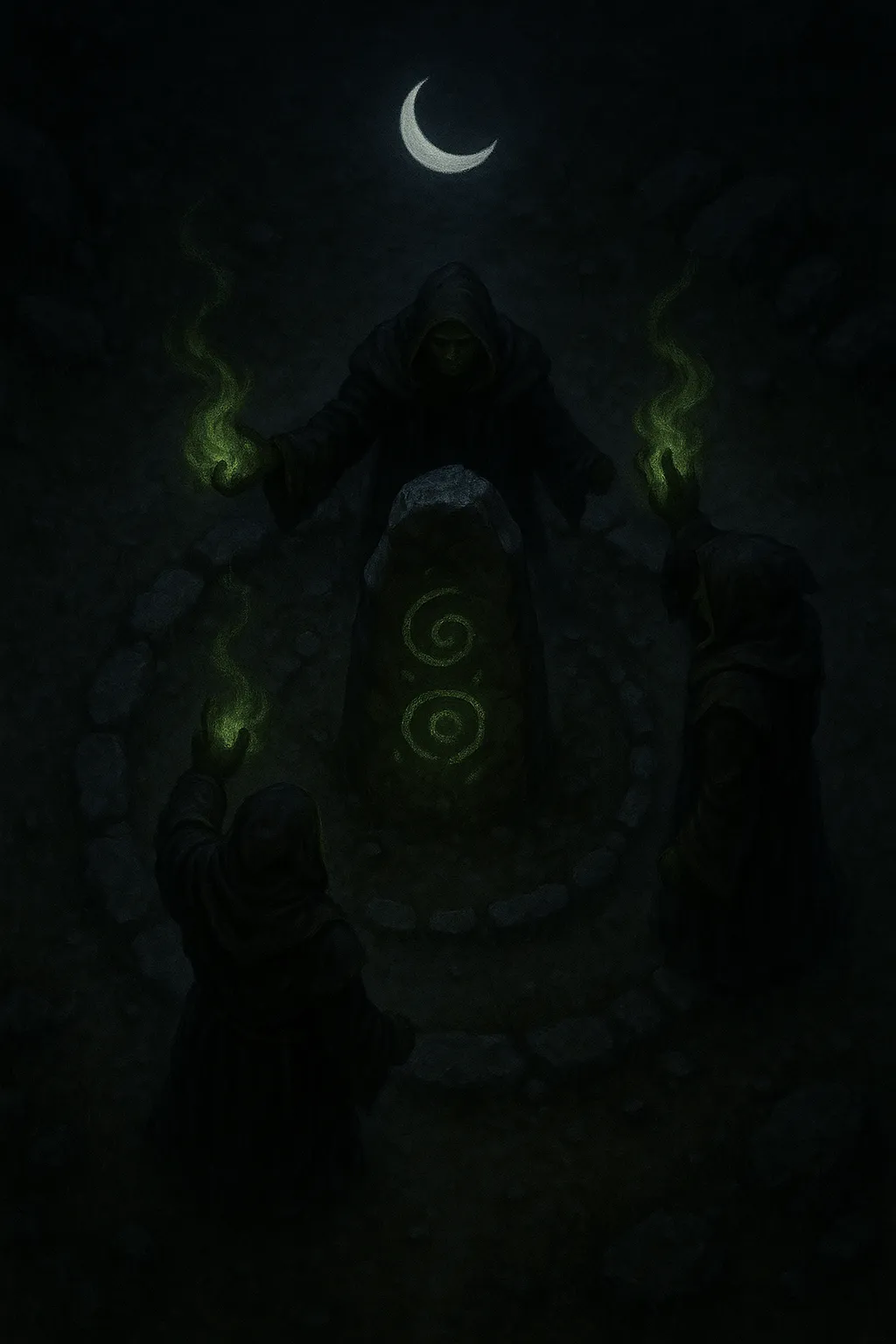 Stories abound of warlocks who rose too quickly. One tale tells of Ghurmak the Ashvein, whose pact with a fire-wight allowed him to melt steel and scorch entire hillsides. He led his clan to victory after victory, until the fire-wight demanded a final gift: the hearts of his own bloodline. Ghurmak refused—and was consumed from within, his ashes still said to blow across the Black Dunes. Another tale, more cautionary than tragic, concerns a young warlock named Sula, who struck a bargain with a spirit bound to knowledge. She learned every secret her chieftain kept, exposed a dozen betrayals, and saved her people from civil war—only to go mad years later when the knowledge would no longer stop flowing.
Stories abound of warlocks who rose too quickly. One tale tells of Ghurmak the Ashvein, whose pact with a fire-wight allowed him to melt steel and scorch entire hillsides. He led his clan to victory after victory, until the fire-wight demanded a final gift: the hearts of his own bloodline. Ghurmak refused—and was consumed from within, his ashes still said to blow across the Black Dunes. Another tale, more cautionary than tragic, concerns a young warlock named Sula, who struck a bargain with a spirit bound to knowledge. She learned every secret her chieftain kept, exposed a dozen betrayals, and saved her people from civil war—only to go mad years later when the knowledge would no longer stop flowing.
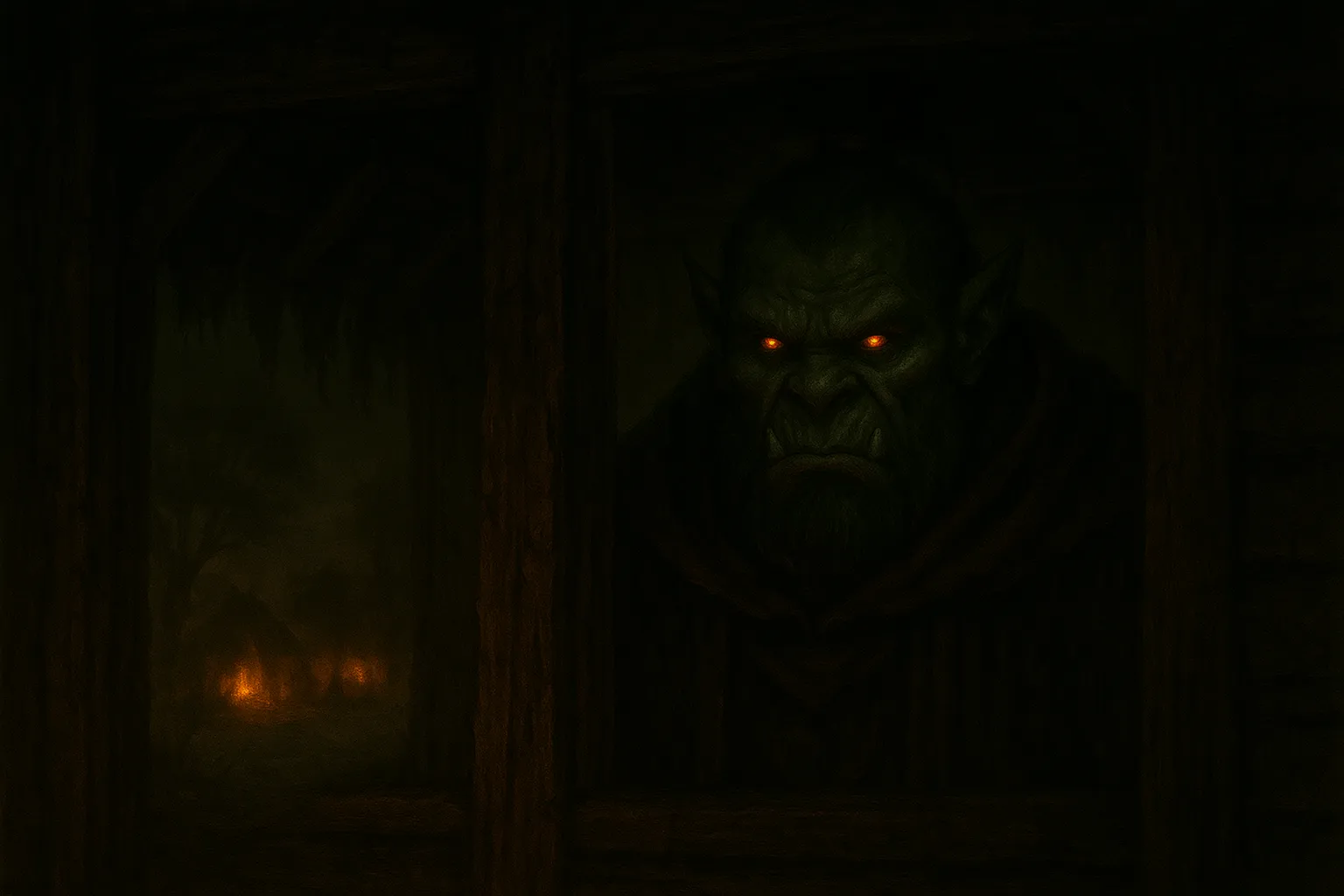 In some border regions, particularly where orcs dwell near ruins or magical scars in the land, warlocks are more openly integrated. These “Twilight Clans” do not draw a firm line between shaman and warlock. To them, power is power, and the world does not divide itself neatly into clean and unclean forces. Warlocks in such regions often serve as lorekeepers, or translators of old magic, delving into ruins that others fear. They maintain libraries—sometimes whispered to be alive—and commune with spirits encased in relics or bound to moonlight. Outsiders call them heretics; the Twilight Clans call them practical.
In some border regions, particularly where orcs dwell near ruins or magical scars in the land, warlocks are more openly integrated. These “Twilight Clans” do not draw a firm line between shaman and warlock. To them, power is power, and the world does not divide itself neatly into clean and unclean forces. Warlocks in such regions often serve as lorekeepers, or translators of old magic, delving into ruins that others fear. They maintain libraries—sometimes whispered to be alive—and commune with spirits encased in relics or bound to moonlight. Outsiders call them heretics; the Twilight Clans call them practical.
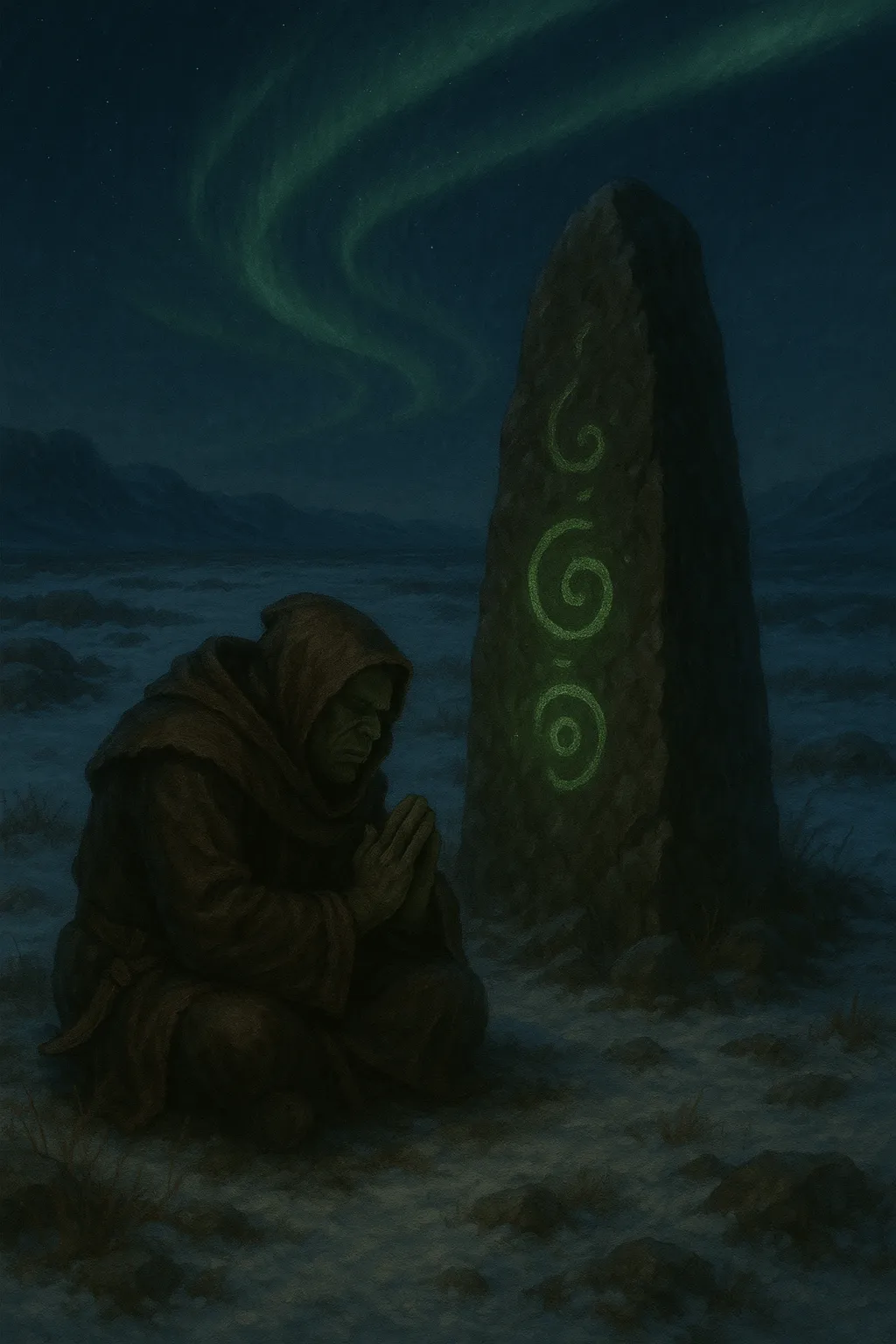 It is worth noting that not all warlocks are corrupted or power-hungry. Some see themselves as necessary shields—those who touch the darkness so others do not have to. These warlocks often live at the edge of camp, meditating near cursed stones or performing rites no one dares to witness. A few walk the land as hermits or hunters of rogue spirits, always accompanied by some sign of their pact—a cloak that moves like mist, a brand that burns when lies are spoken, a companion creature made of bone and smoke. These warlocks rarely return to clan life but are remembered in songs sung in low tones.
It is worth noting that not all warlocks are corrupted or power-hungry. Some see themselves as necessary shields—those who touch the darkness so others do not have to. These warlocks often live at the edge of camp, meditating near cursed stones or performing rites no one dares to witness. A few walk the land as hermits or hunters of rogue spirits, always accompanied by some sign of their pact—a cloak that moves like mist, a brand that burns when lies are spoken, a companion creature made of bone and smoke. These warlocks rarely return to clan life but are remembered in songs sung in low tones.
The life cycle of a warlock is shaped not by biology, but by the terms of their pact. Some burn brightly and die young, their power exacting a toll with each use. Others age slowly, their flesh preserved by the will of their patron, yet feel time differently, as if part of them now exists in another realm. A rare few are granted immortality—of a sort. These become little more than vessels for their patrons, walking husks that wear the mask of orcish identity but speak only in the voice of the bound power. Whether these beings still hold any part of their original self is a matter of grim philosophical debate.
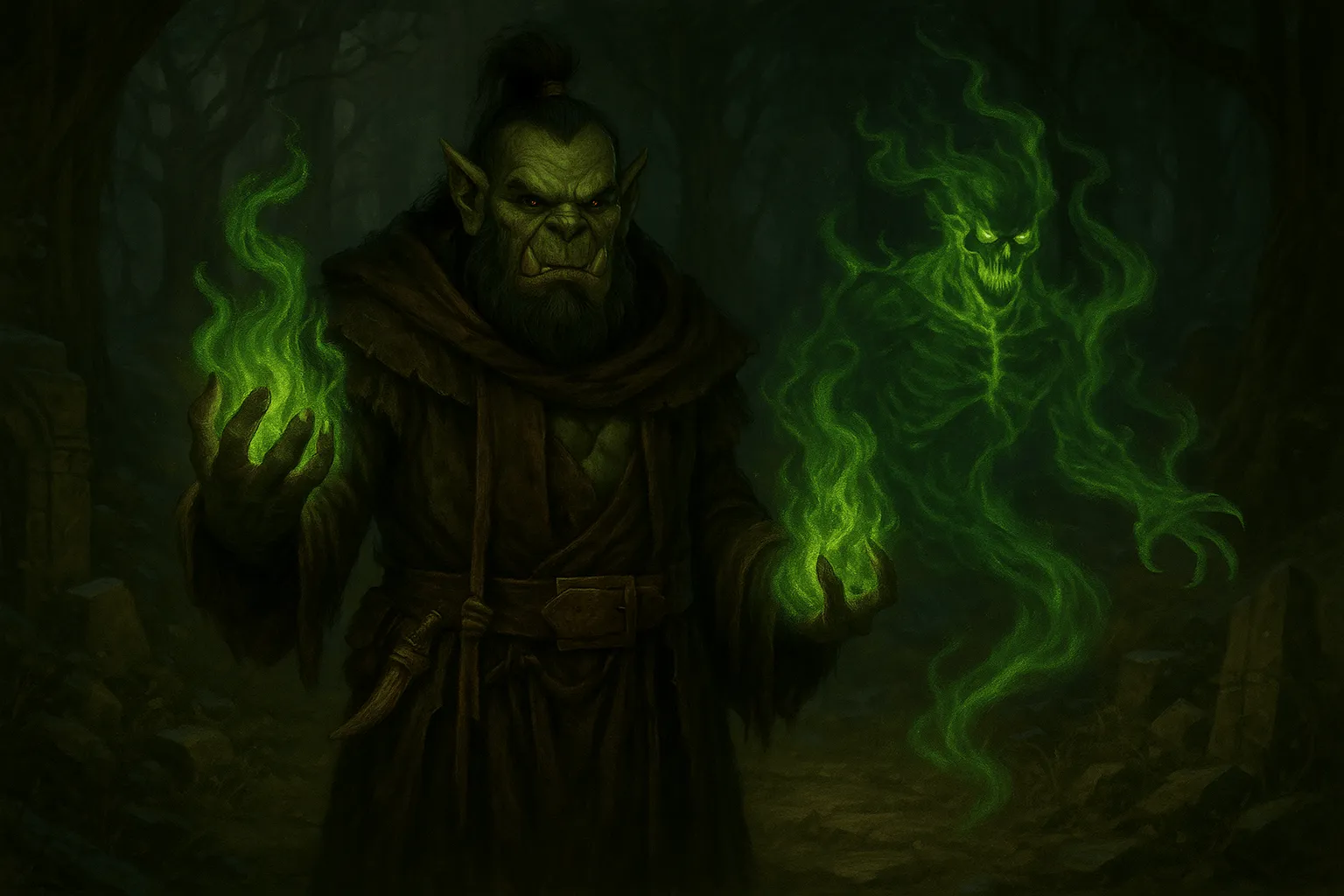 Academics who study pact-bound magic often seek out orc warlocks, if only to understand the nature of willing submission to external power. Some scholars argue that orc warlocks are drawn to these paths because their people, long oppressed or forced to the fringes, see little difference between conquest by blade or bargain. Others note that orcish stubbornness, once turned toward magical mastery, becomes a potent engine—one that can sustain a pact even when others might break under the strain. A warlock who binds themselves not out of desperation, but determination, can shape their own terms—and in rare cases, even reshape the patron itself.
Academics who study pact-bound magic often seek out orc warlocks, if only to understand the nature of willing submission to external power. Some scholars argue that orc warlocks are drawn to these paths because their people, long oppressed or forced to the fringes, see little difference between conquest by blade or bargain. Others note that orcish stubbornness, once turned toward magical mastery, becomes a potent engine—one that can sustain a pact even when others might break under the strain. A warlock who binds themselves not out of desperation, but determination, can shape their own terms—and in rare cases, even reshape the patron itself.
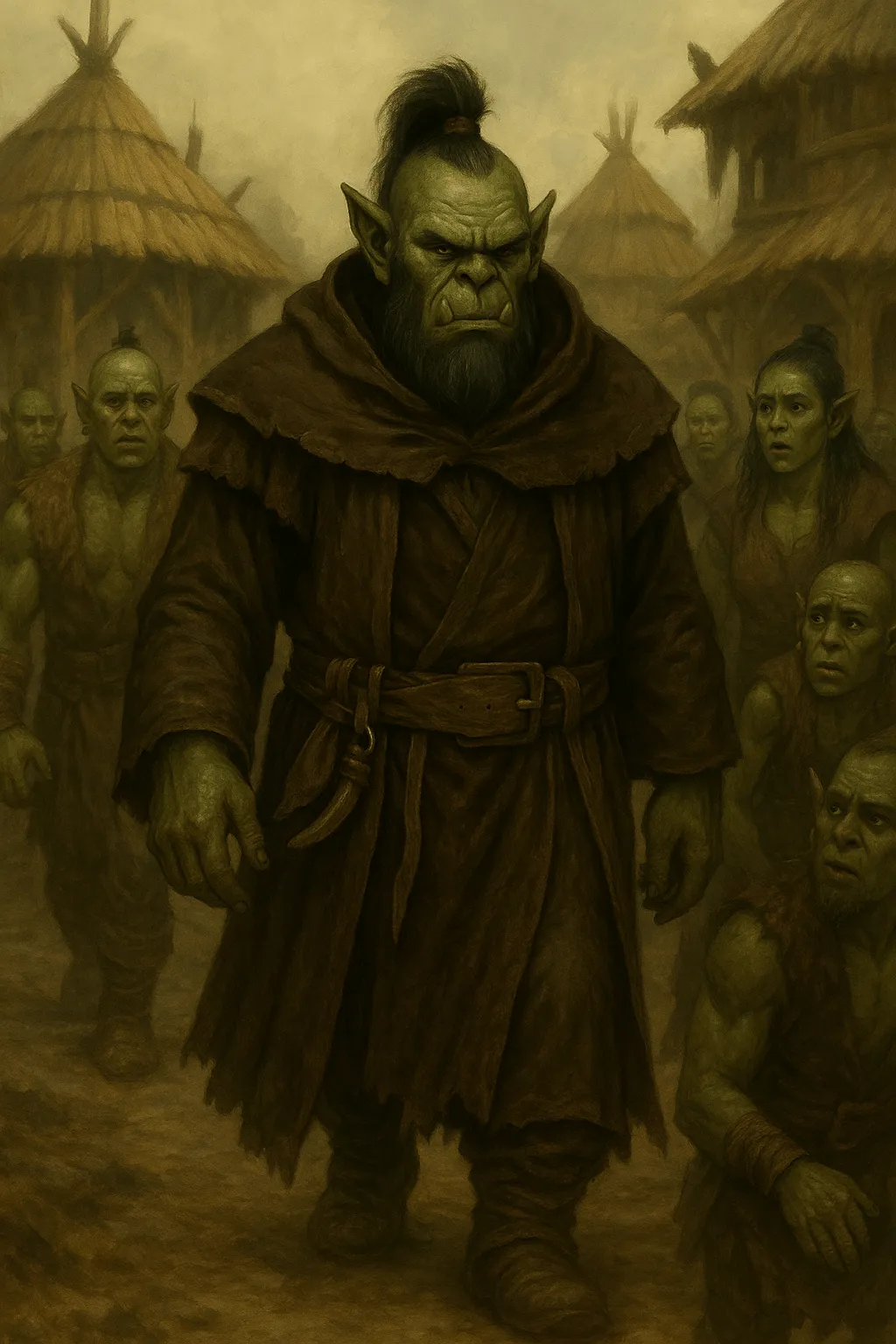 There is a saying among the oldest orc storytellers: “The warlock's fire is not their own, but it burns with their will.” It is both a warning and a praise, a recognition that those who walk the path of shadow do so at great peril—but also with great purpose.
There is a saying among the oldest orc storytellers: “The warlock's fire is not their own, but it burns with their will.” It is both a warning and a praise, a recognition that those who walk the path of shadow do so at great peril—but also with great purpose.
The following magical heirlooms are fictional and lore-based in nature. Each one is an affiliate link to a real-world item on Amazon that we've hand-selected to complement this artifact's lore.
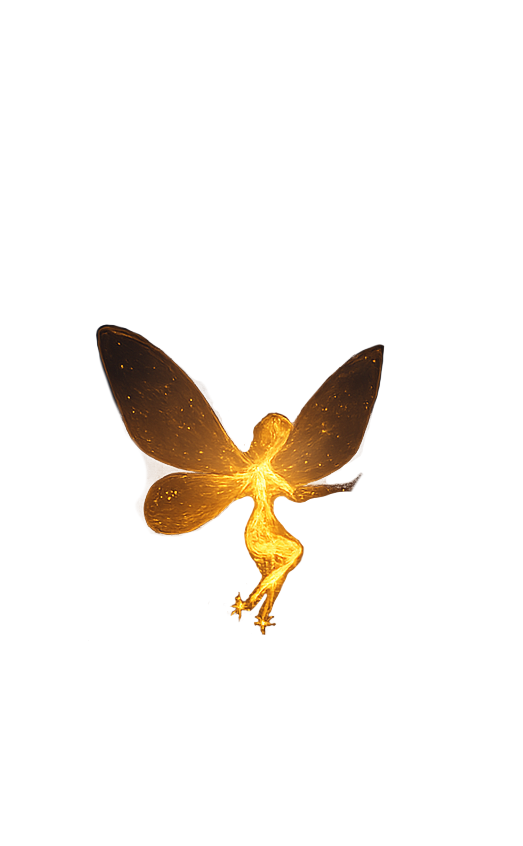
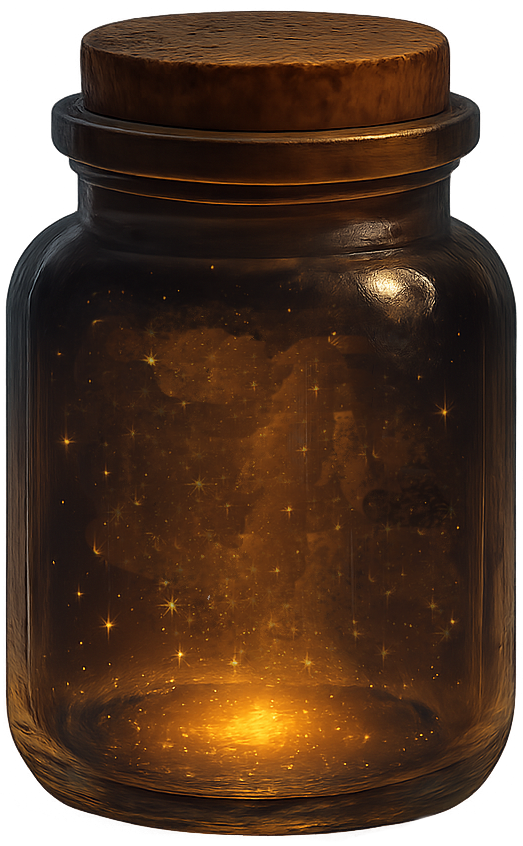
If you click a link and buy an item, we may earn a commission.It costs you nothing extra, but can help keep this little corner of the internet glowing.
What does this mean?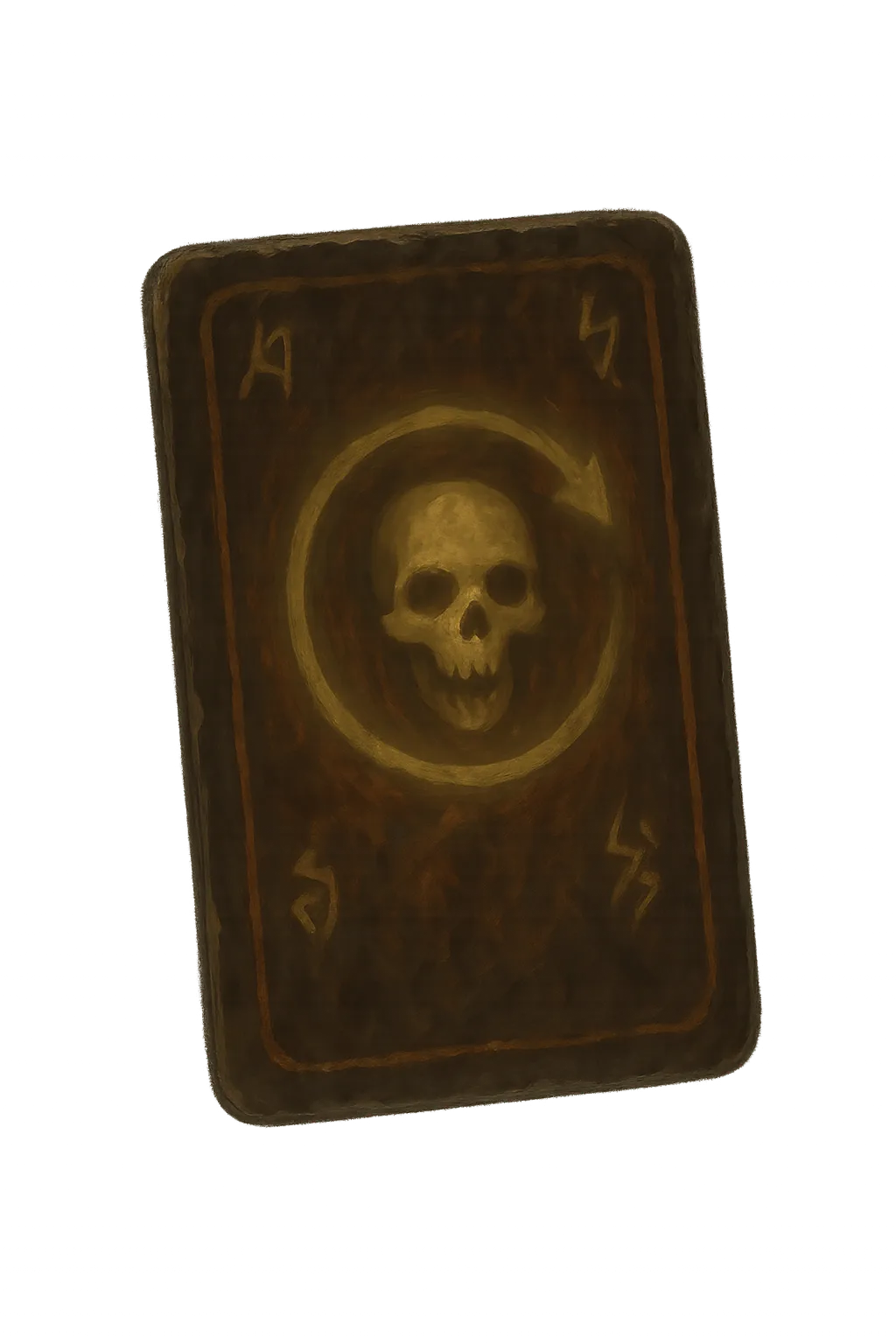
Time skips you. Fate doubles back. Everyone else draws power. You? You wait. You draw again.
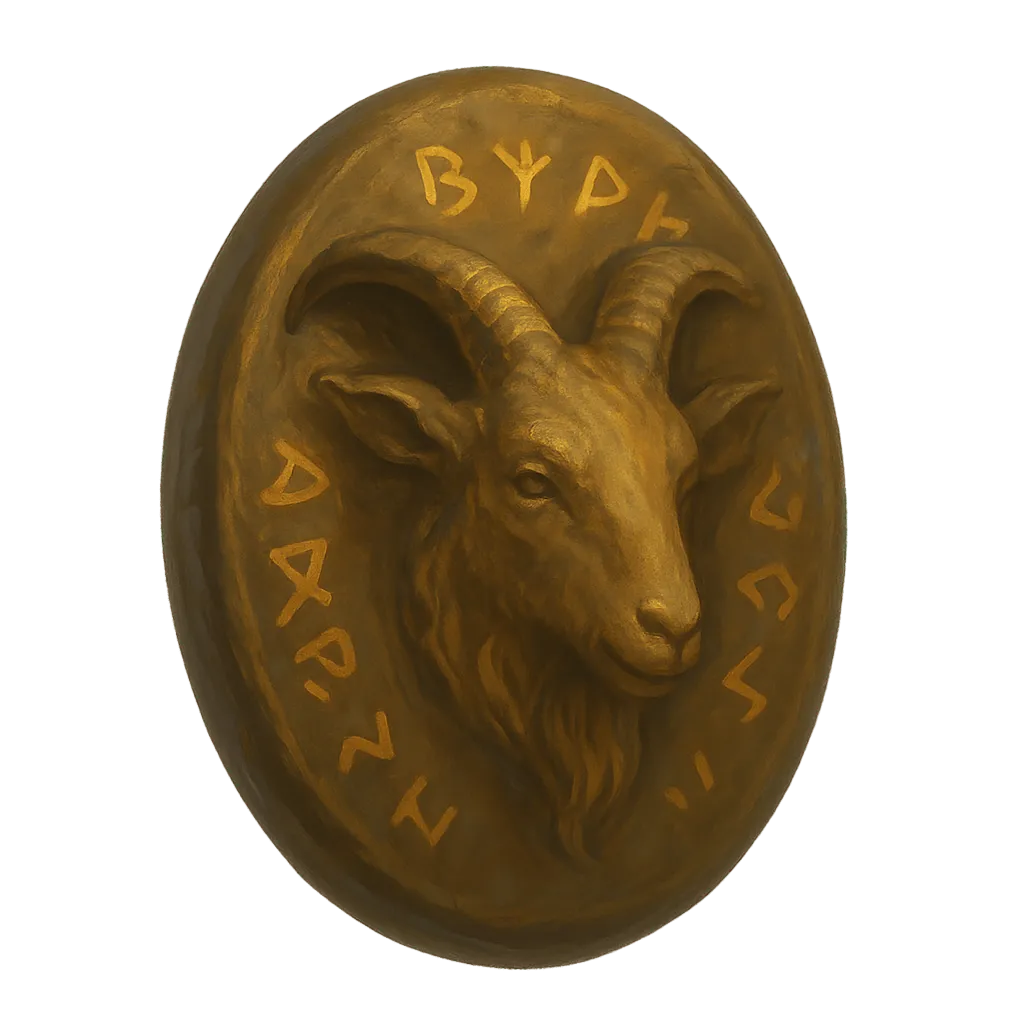
Translates goat. Misinterprets everything else. Do not use near sheep.
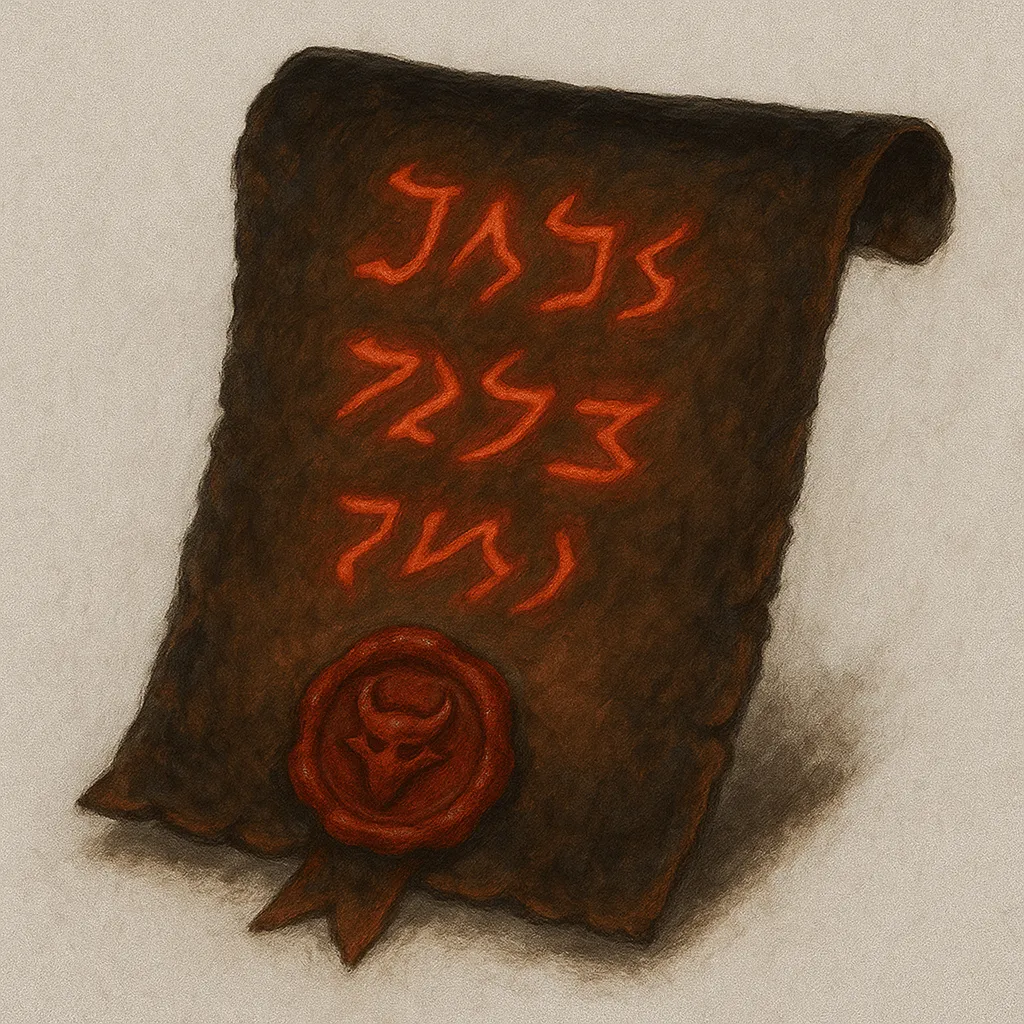
While not yet translated, it is believed to be an ancient ritual performed to acquire a longer life.
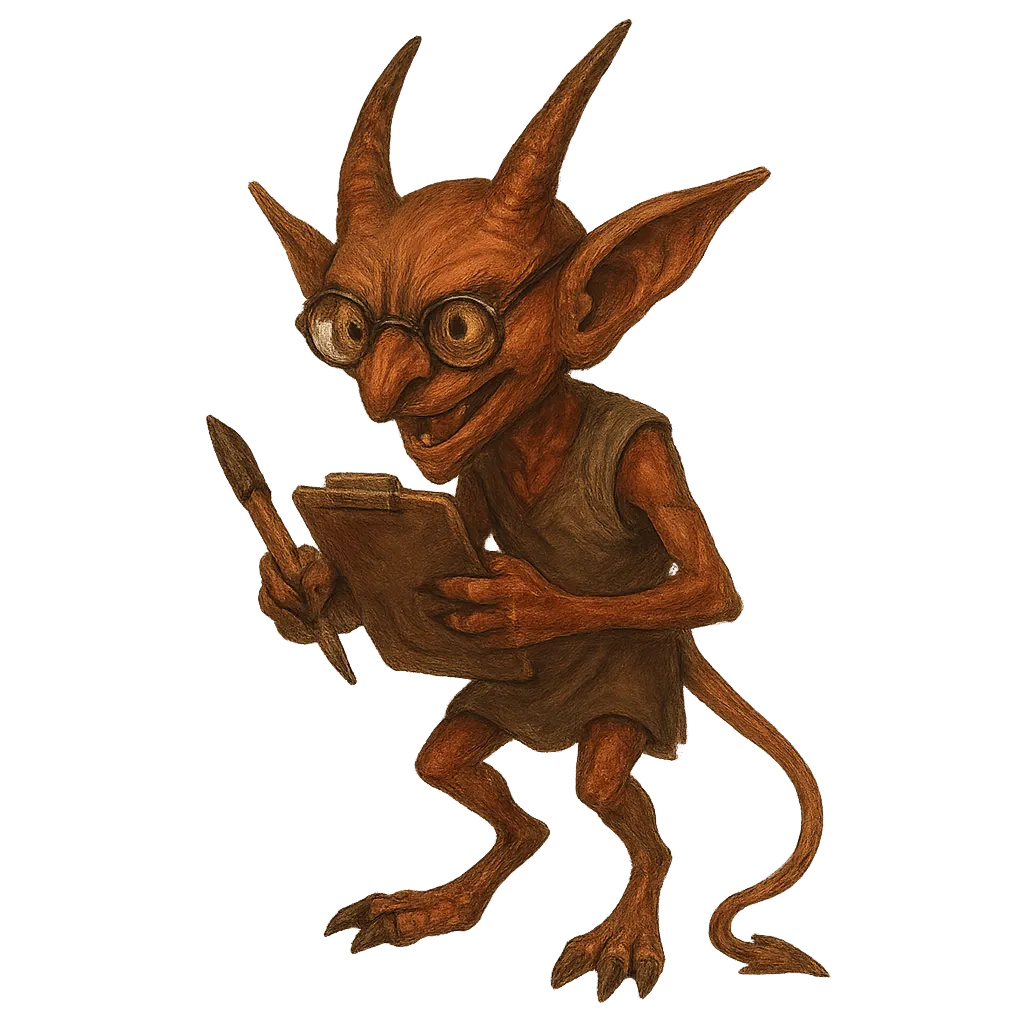
Keeps meticulous notes, files infernal paperwork on time, and absolutely will sell your name for a slightly shinier clipboard.








